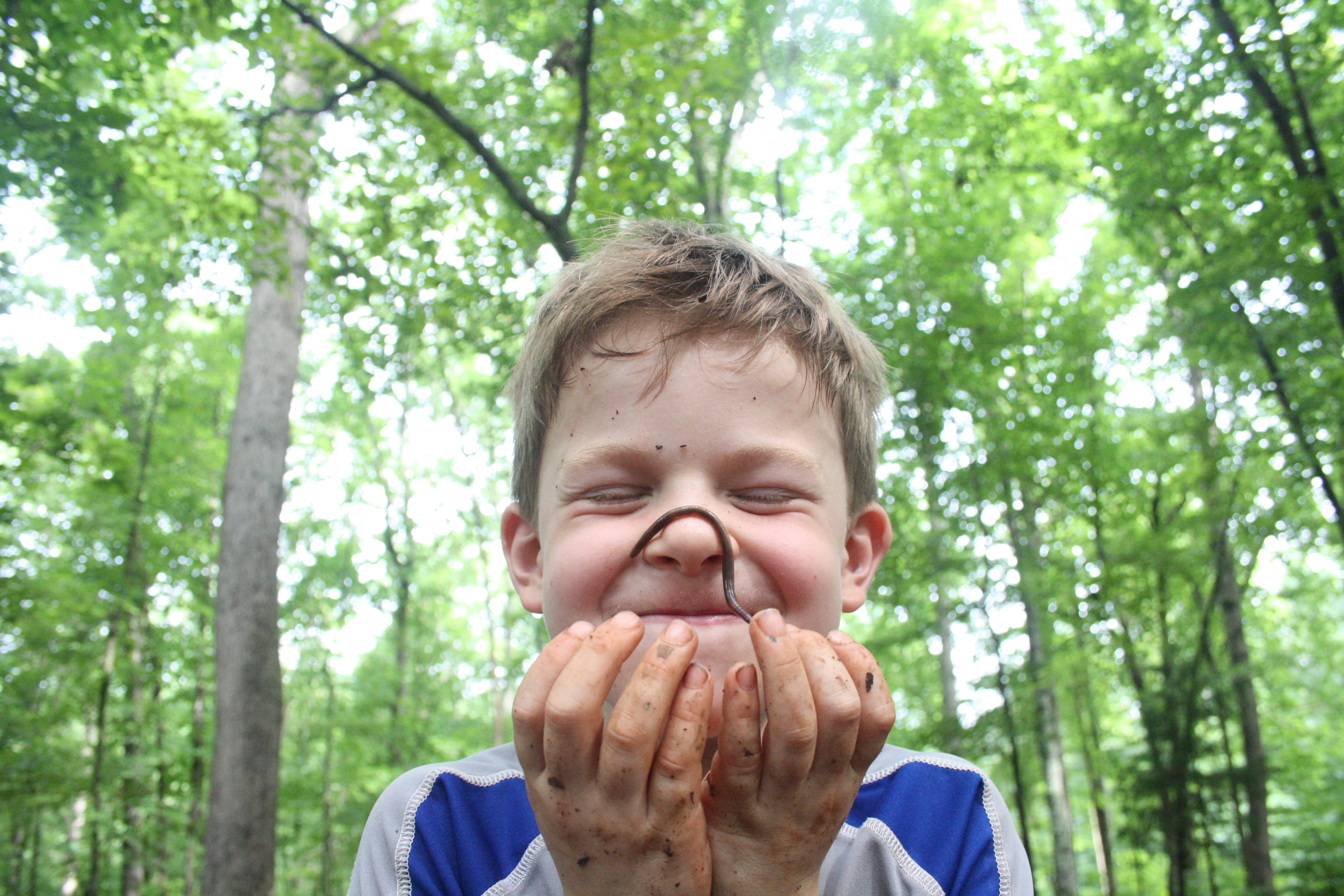How Camp Changed My Life

Save the Free Word!
For 35 years, C-VILLE Weekly has been your award-winning source for free (!) local news and arts content. This beautiful city has kept us up and running through advertising support since 1989, but now we also need you, Readers of the Free Word, to help us keep telling local stories. If free, independent news is important to you, please consider a gift of $35 to keep the lights on-in our office, sure, but also the light we will continue to shine into every corner of Charlottesville.
UP NEXT
City of Promise’s Executive...
Blue Moon going dark, Umma...
The glorious goat of improv
Crozet Book Fest
IN CASE YOU MISSED IT
City of Promise’s Executive...
Blue Moon going dark, Umma...
The glorious goat of improv
Crozet Book Fest
PUBLICATIONS
Best of C-VILLE 2024
Knife & Fork | Fall/winter 2024
Weddings | Spring/Summer 2024
Abode | Fall 2024
C-VILLE Weekly | October 16, 2024
C-VILLE Weekly | October 9, 2024
C-VILLE Weekly | October 2, 2024
C-VILLE Weekly | September 26, 2024
Fine Properties | Fall 2024
Real Estate Weekly | October 16, 2024